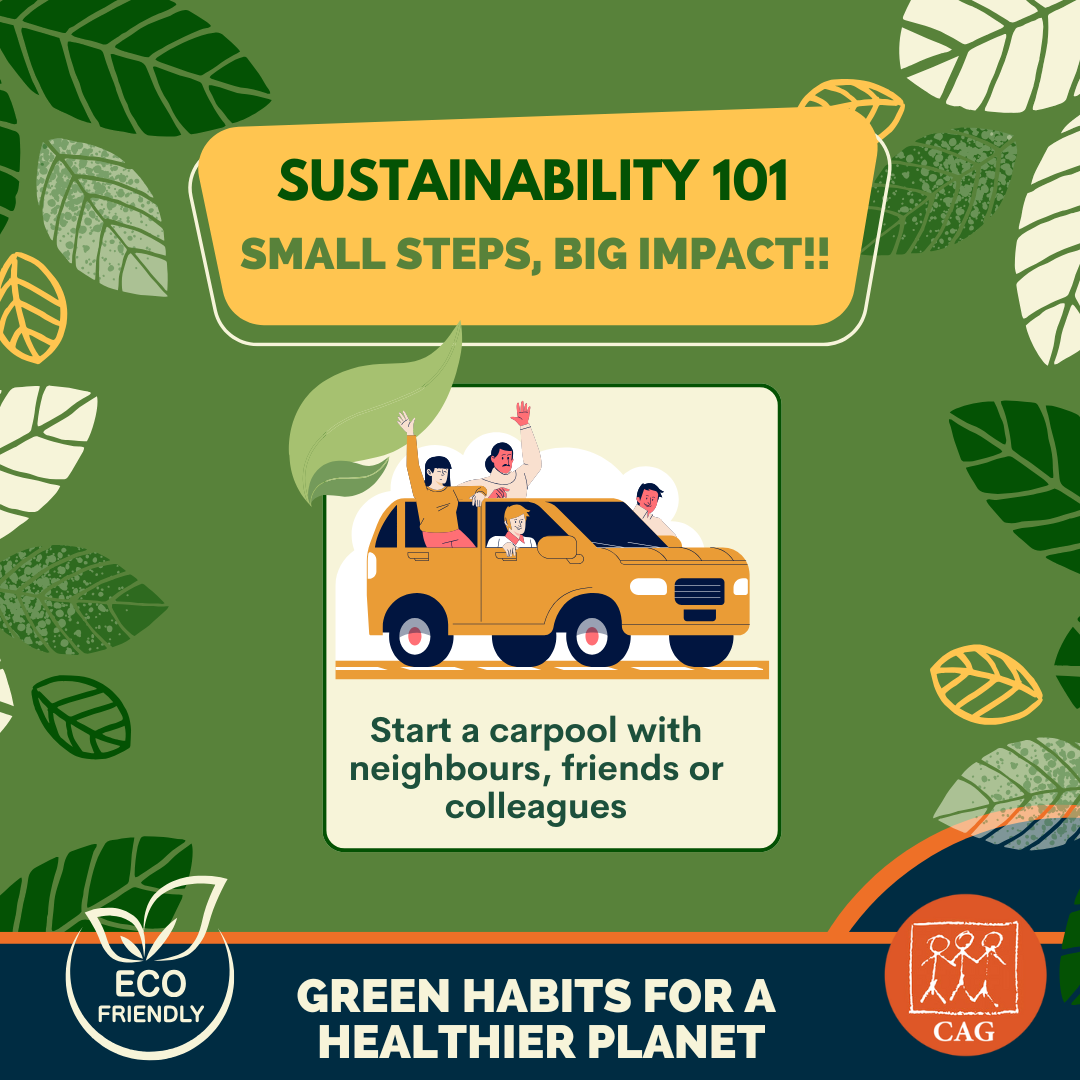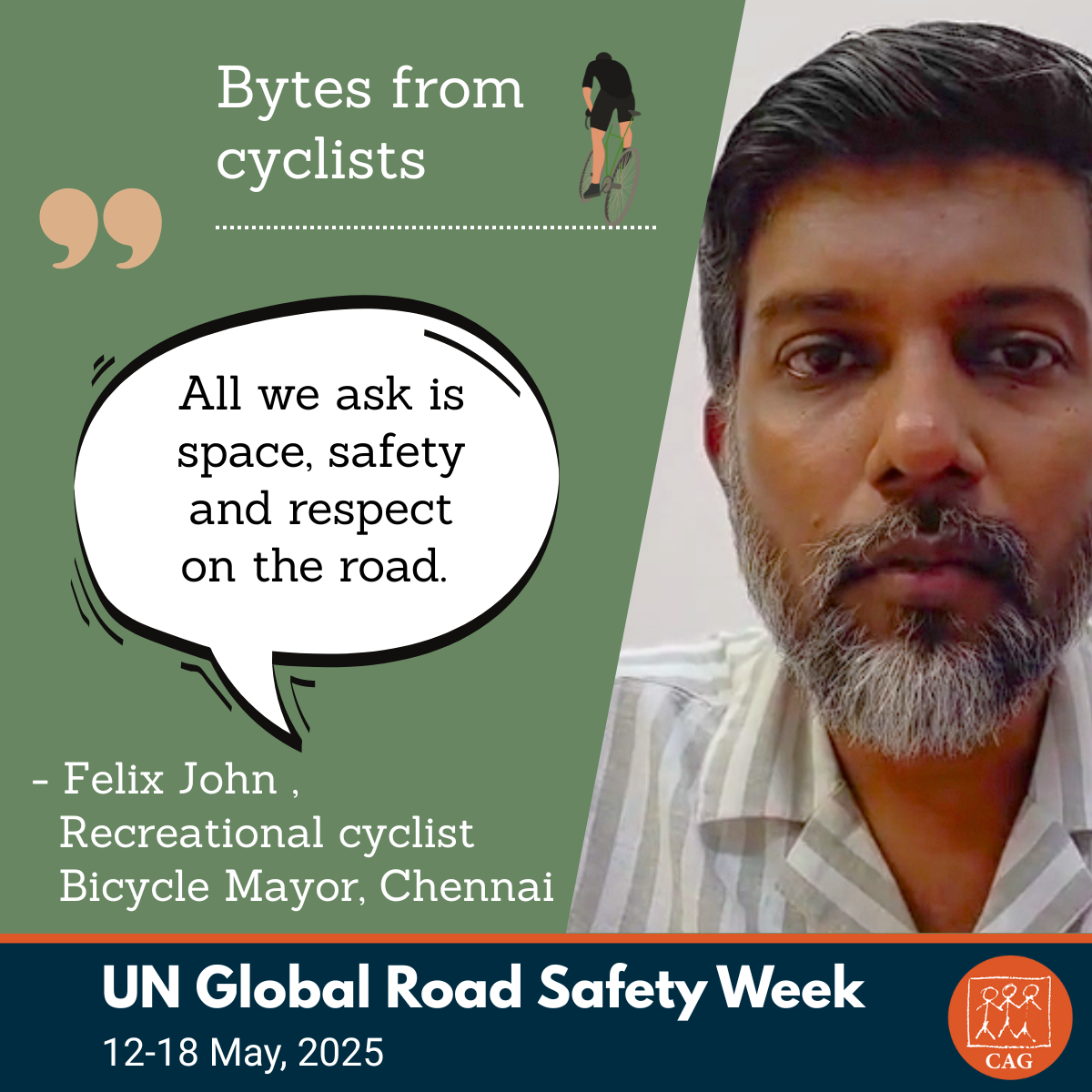The project aims to strengthen the implementation and enforcement of key provisions of the Motor Vehicles Amendment Act (MVAA) 2019 by addressing four critical road safety risk factors—speed, helmets, seatbelts, and child safety. Despite national and global evidence highlighting the need for lower speed limits to reduce road fatalities, speed regulations in India continue to be set arbitrarily. With speeding contributing to 70% of road deaths, this project will engage with the Ministry of Road Transport and Highways (MoRTH), the Supreme Court Committee on Road Safety (SCCoRS), and other stakeholders to push for scientifically determined speed limits at the national and state levels.
Additionally, while the MVAA mandates helmet use for children above four years of age, the specific standards for child helmets are not referenced in the legislation. The project will work towards integrating these standards into the legal framework. It will also advocate for broader amendments to the MVAA to close existing gaps and enhance road safety regulations.
At the national level, the project will collaborate with coalition partners to advocate for policy changes through strategic engagement with government bodies, media outreach, and joint actions such as letters and representations to policymakers.
In Tamil Nadu, the project will focus on improving MVAA implementation by engaging with state authorities to adopt scientific speed management guidelines and develop a data-driven State Road Safety Action Plan (SRSAP). This will involve working with academic institutions to create evidence-based speed regulations. Additionally, the project will drive public awareness campaigns, stakeholder consultations, and media engagements to ensure sustained focus on road safety priorities.
Through these interventions, the project seeks to bring about policy shifts that align with global best practices, ultimately contributing to reduced road crash fatalities and safer roads across India.
Road traffic crashes are a leading cause of death and injury in India, with speeding identified as a major contributing factor. According to MoRTH, speeding accounts for nearly 70% of road fatalities, yet speed limits in the country are often set arbitrarily without scientific justification. Additionally, while the Motor Vehicles Amendment Act (MVAA) 2019 introduced crucial provisions to improve road safety, gaps remain in its implementation and enforcement. One such gap is the absence of a legally mandated standard for child helmets, despite the existence of an Indian standard (IS-4151-2015). These deficiencies highlight the need for a structured, evidence-based approach to strengthening road safety policies at both the national and state levels.
Tamil Nadu, one of the most urbanized states in India, consistently records high numbers of road traffic crashes. The state government has initiated efforts to revise speed limits in urban areas, but these revisions lack a standardized, scientific approach. Addressing these challenges requires coordinated engagement with policymakers, enforcement agencies, research institutions, and the public to ensure the adoption of best practices in speed management and other critical safety measures.

